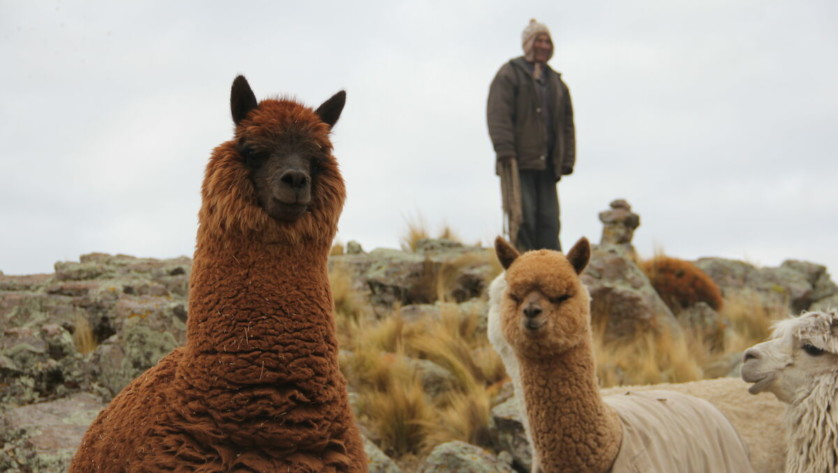“When you live as an undocumented migrant, one thing that keeps you alive is contact,” says Izzy, a migrant from Sierra Leone whose simple daily encounters with people going through similar struggles have been seriously diminished due to Covid-19. With the pandemic looming over everyone’s daily life, migrants such as Izzy face particular hardships. Cut off even from small jobs and activities, they are not eligible for social benefits that provide the stability needed to cope with a pandemic.
“Because these people are considered illegal, they cannot rent a house, they cannot work legally, they don’t have social security, they don’t have bank accounts,” says Joquebede Mesquita of the Company of Friends, which provides practical and legal assistance to undocumented migrants living in Netherlands. Some, she says, end up sleeping in the street, afraid of sharing a room with people who may be infected. “A lot of people want to go home to their parents,” she says. “They say, ‘If we are going to die, we want to die together’.”
These stories are a stark reminder: while COVID has been cruel for all of us, it has been catastrophic for migrants. Even in the most developed countries, migrants often don’t have access to critical Covid coping mechanisms such as mental health care, safe housing (since they often share apartments) or working conditions (with proper hygiene protection measures), according to the IFRC report Least protected, most affected: Migrants and refugees facing extraordinary risks during the COVID-19 pandemic. On top of all that, they are even farther from loved ones and more exposed to media disinformation in languages they may not fully master.
Still, there are many bright spots amid the challenges. Born in Brazil, Claudia has struggled to find unofficial jobs while taking care of her four-year-old daughter Maria. But she now has a steady job and Maria is enrolled in school, learning Dutch. “She plays with other children and has more contact with kids her own age,” Claudia says.
For Izzy, as well, the challenges he and other migrants face have only intensified his desire to something positive for others. “I’ve stayed here a long time and this country has supported me,” says Izzy, who likes to help out at a local shelter and food service for other undocumented migrants in need of a warm meal and a welcoming space. “So, I think I have to give something back.”
 Red Cross Red Crescent magazine
Red Cross Red Crescent magazine 
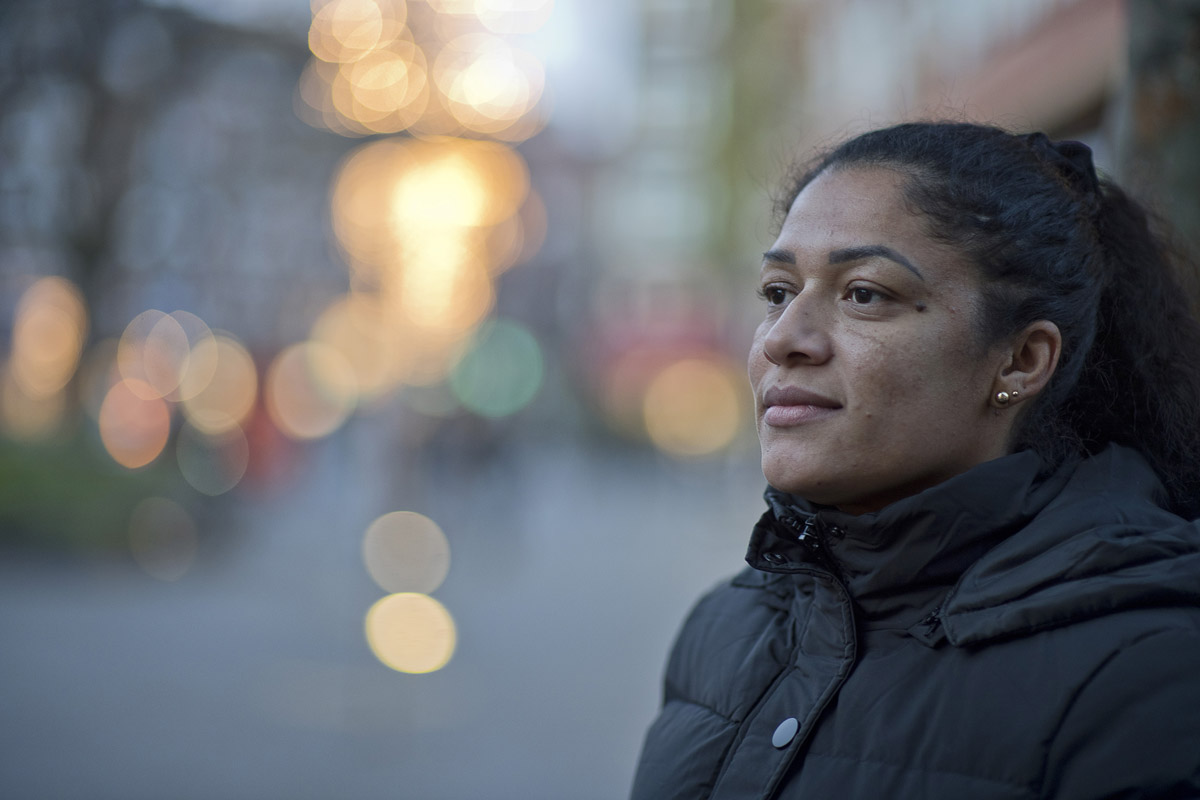
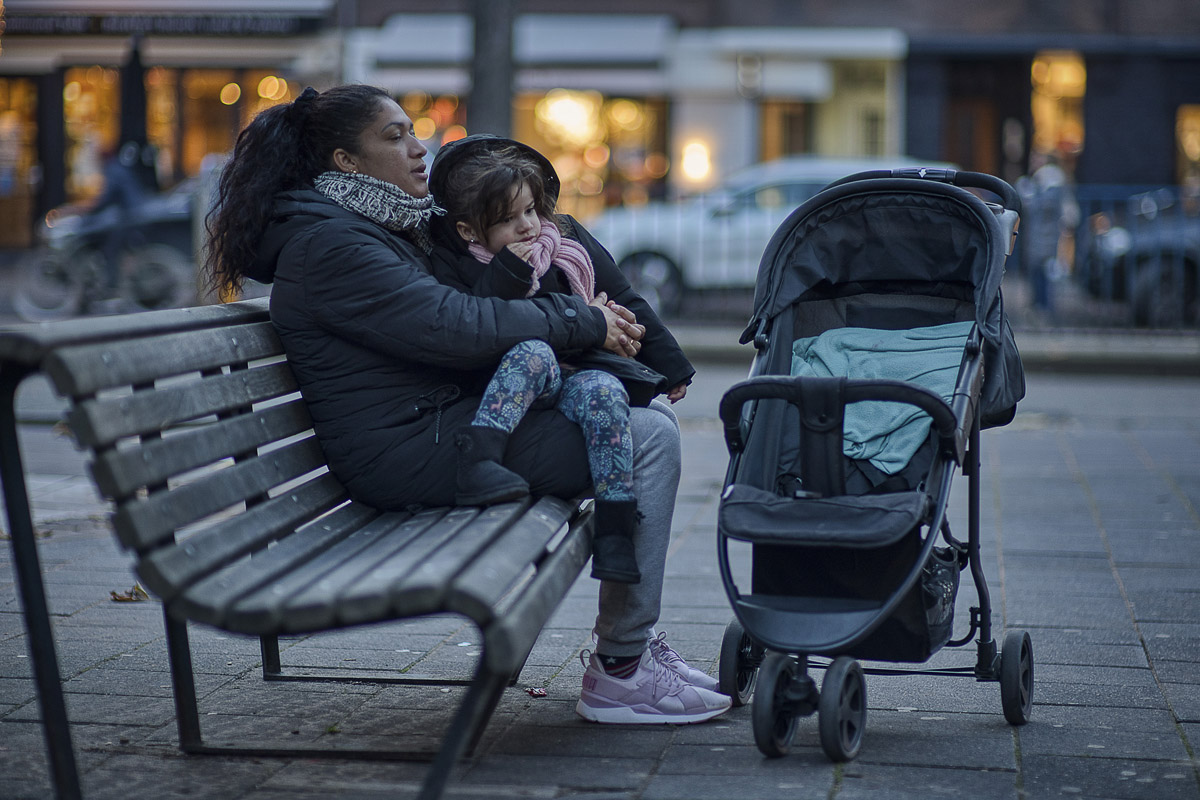
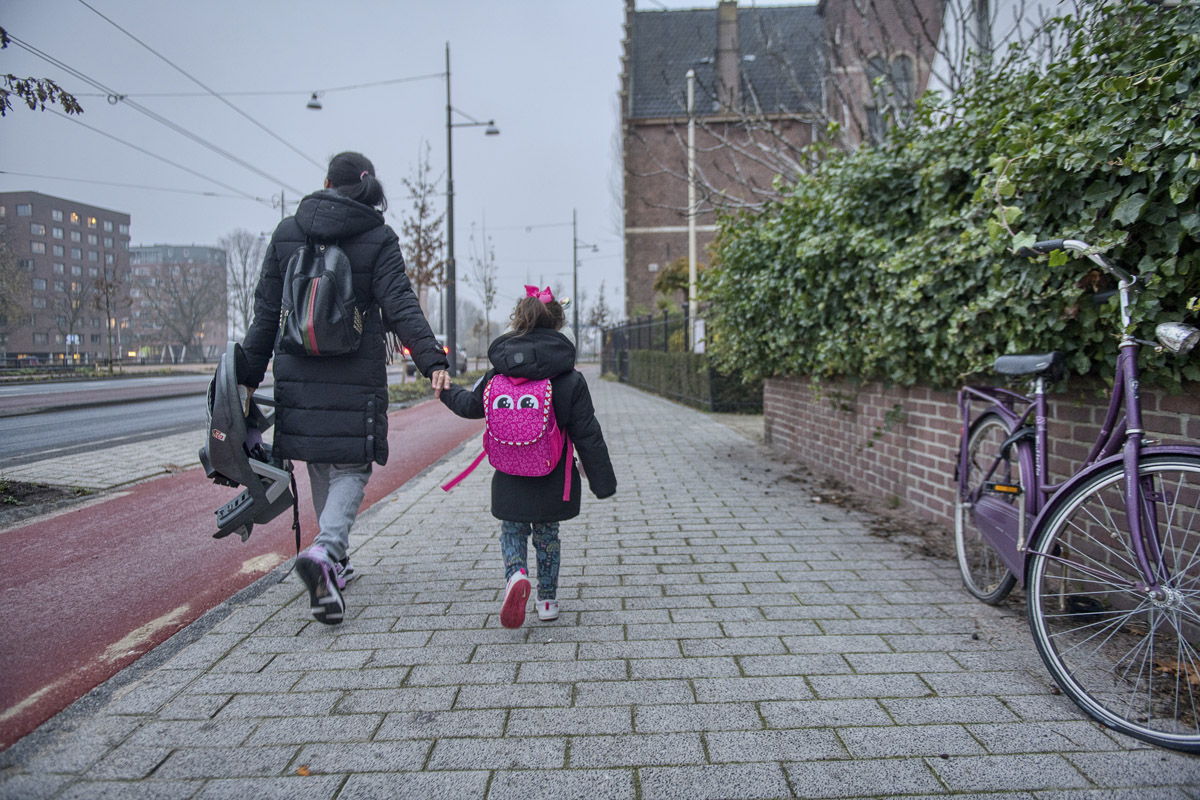
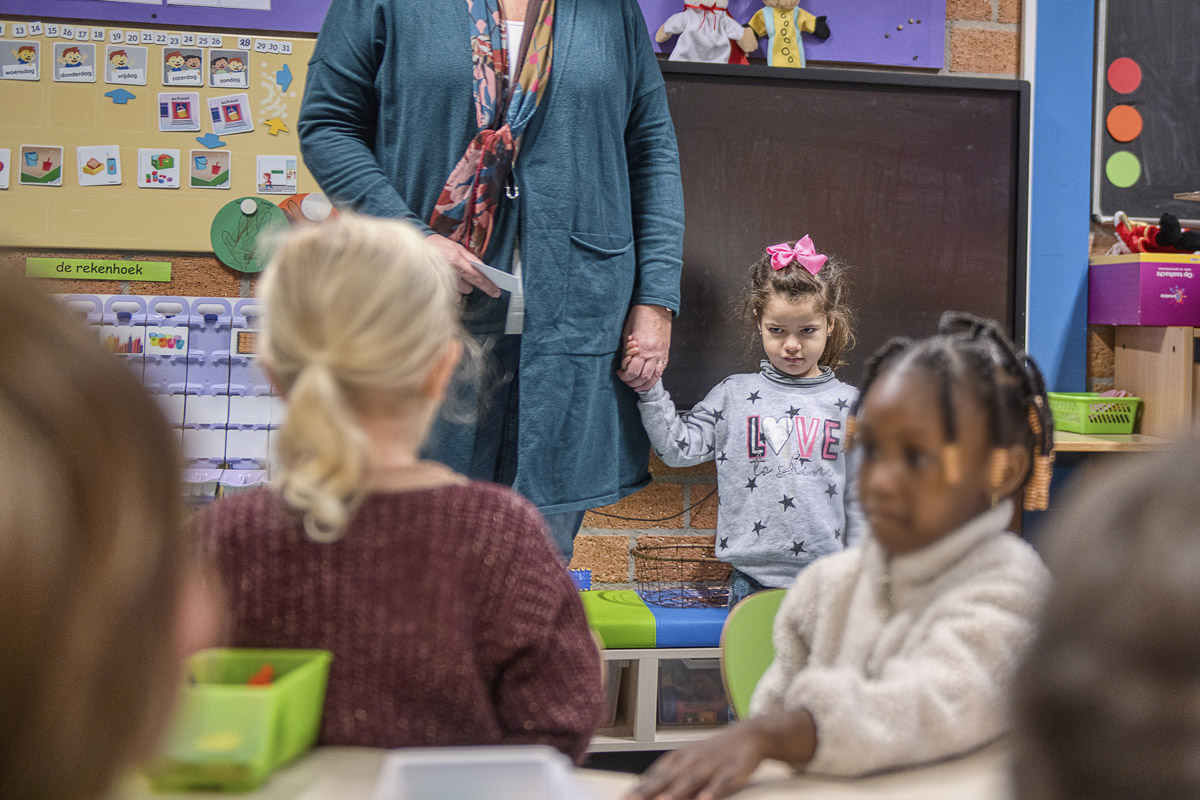
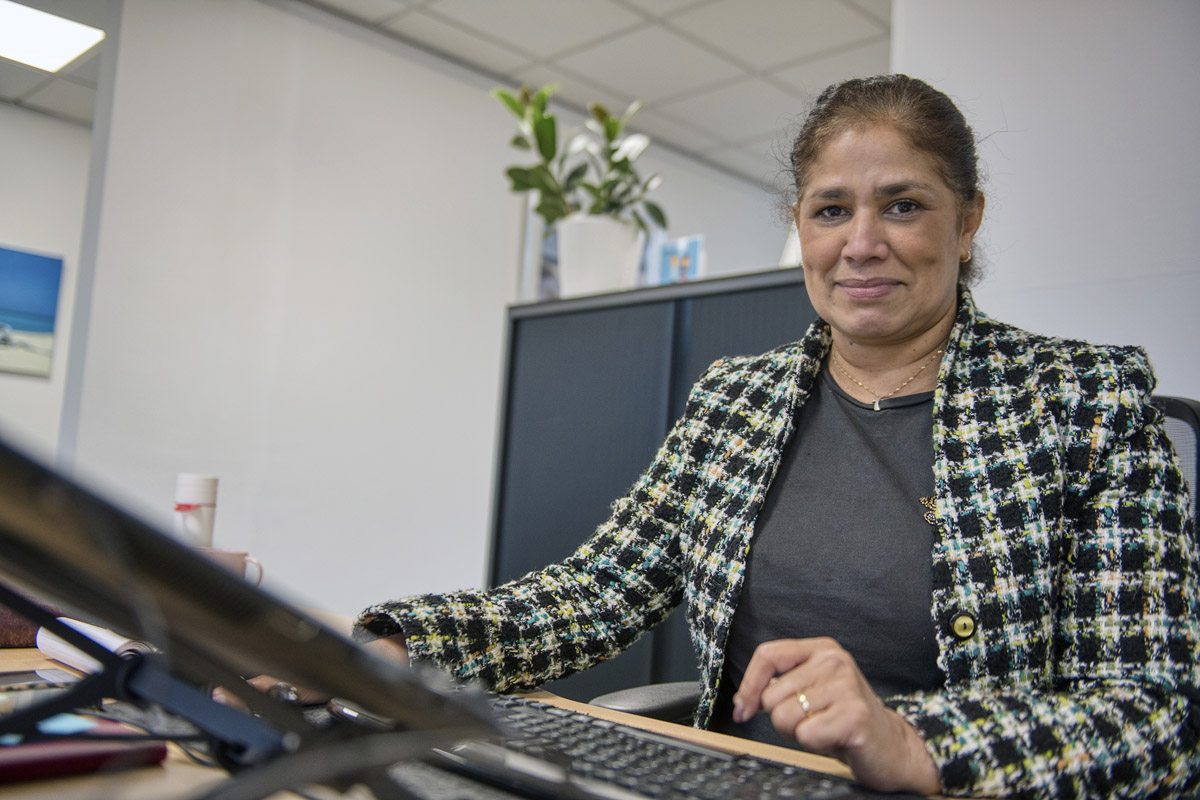
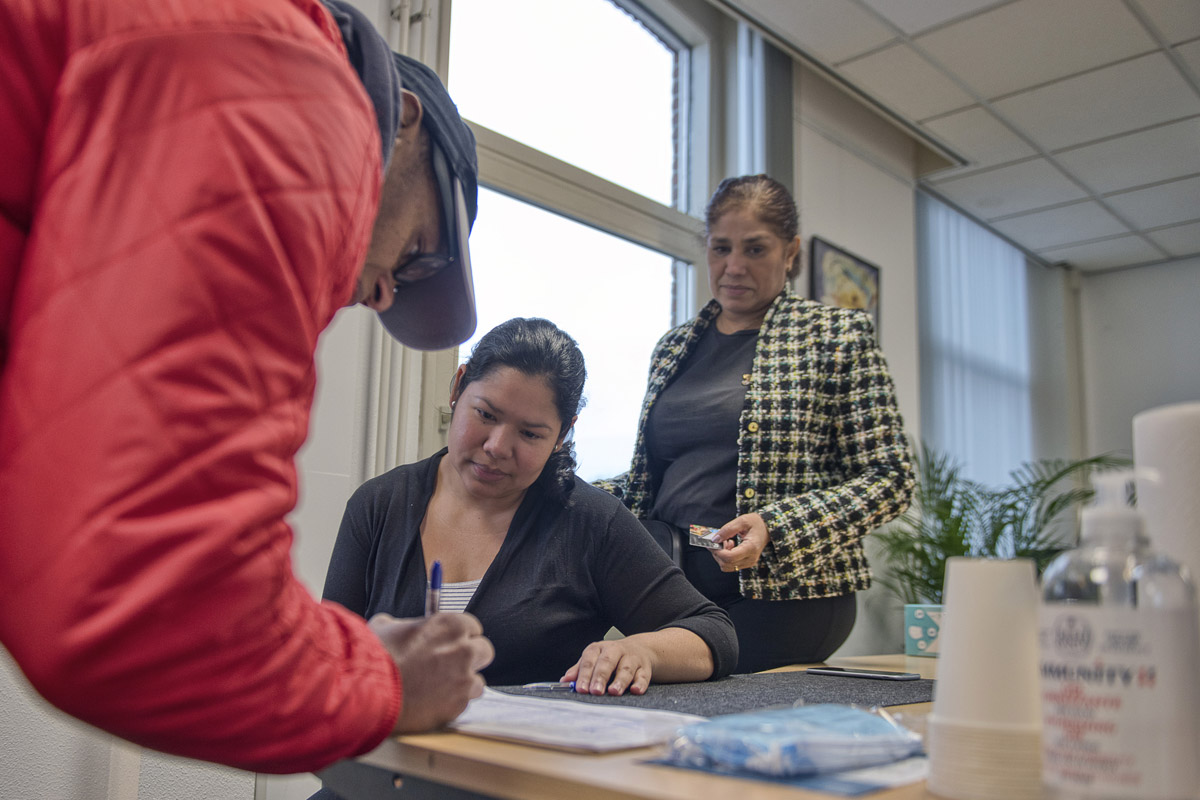
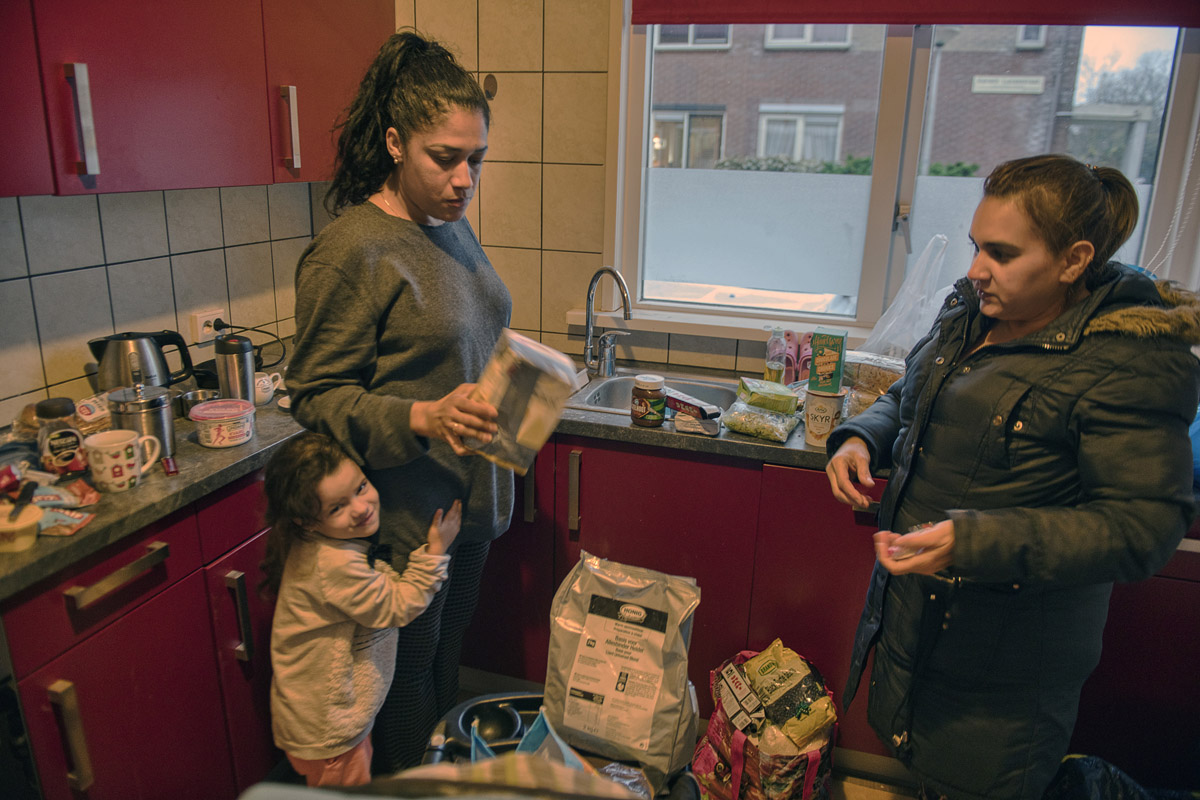
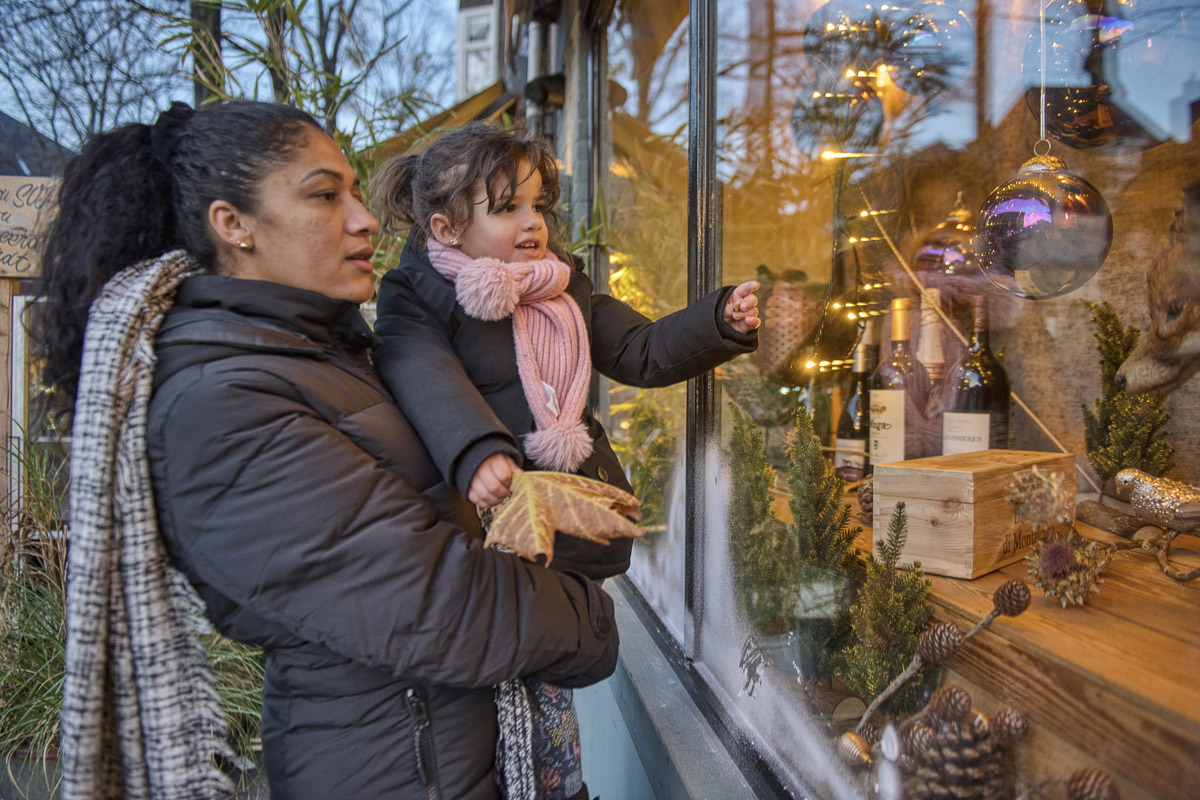
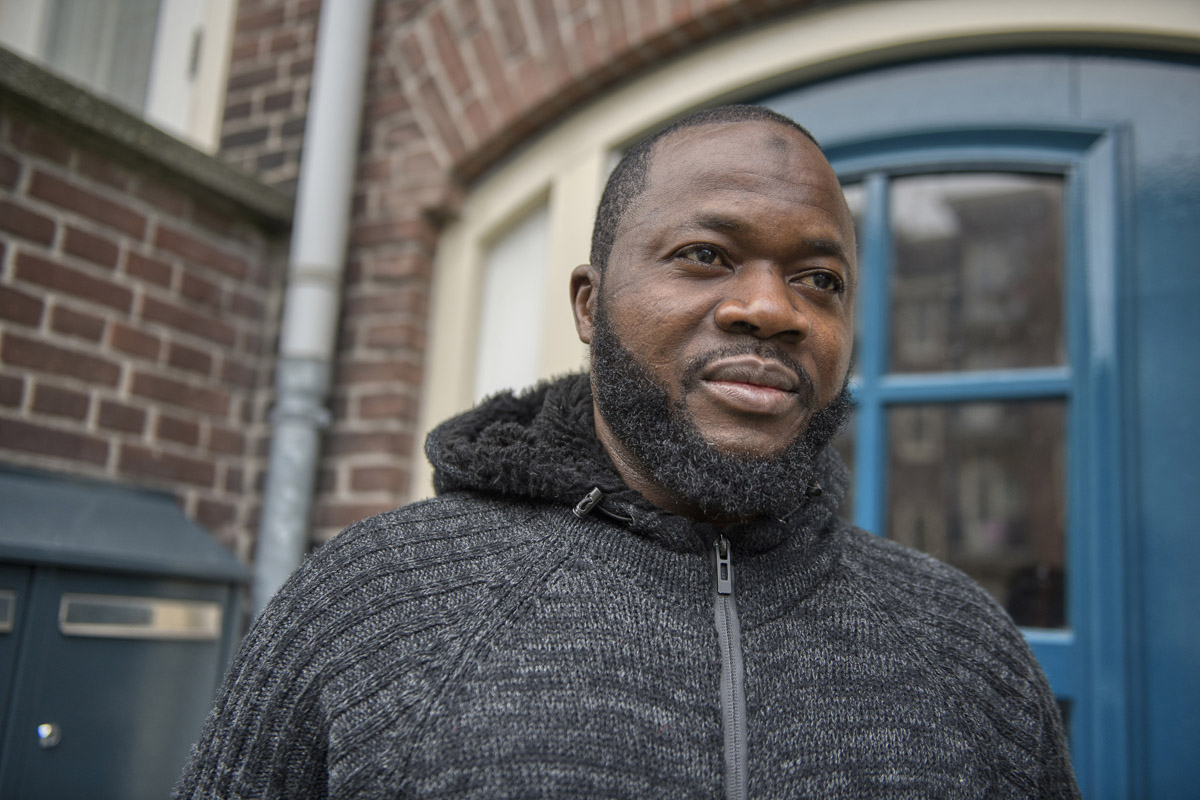
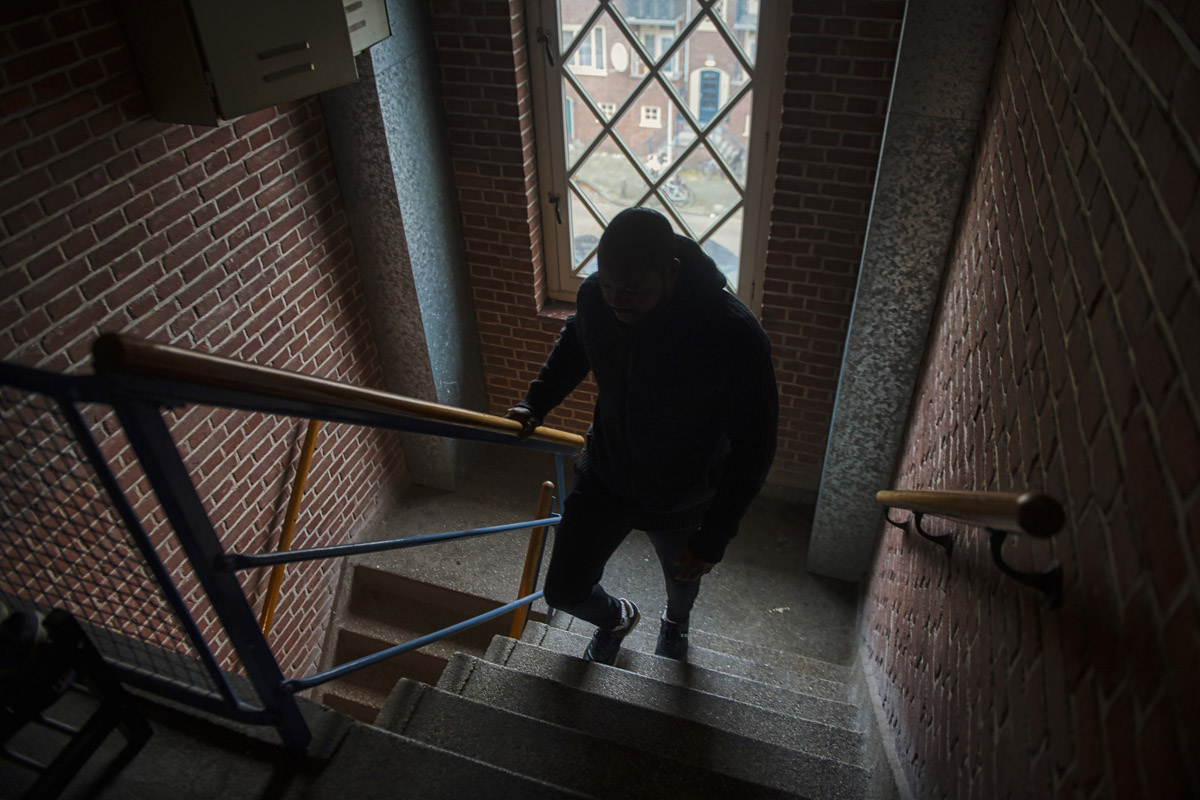
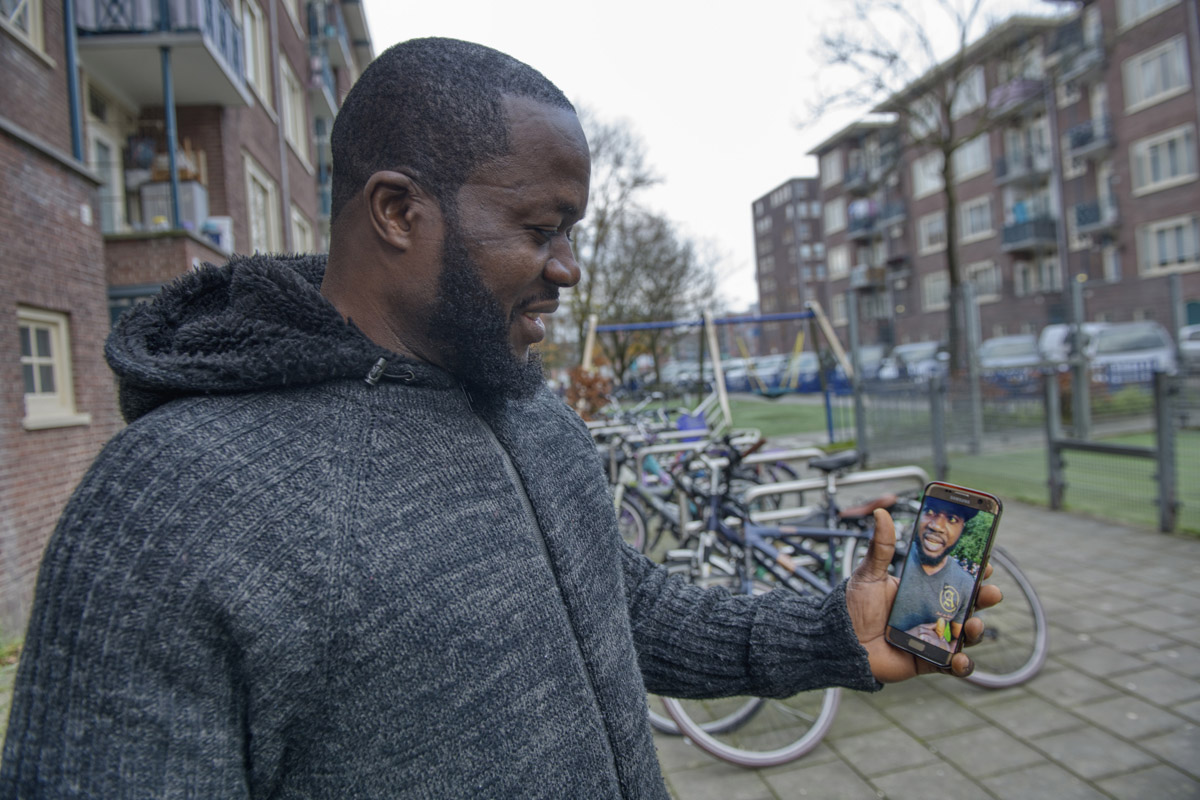
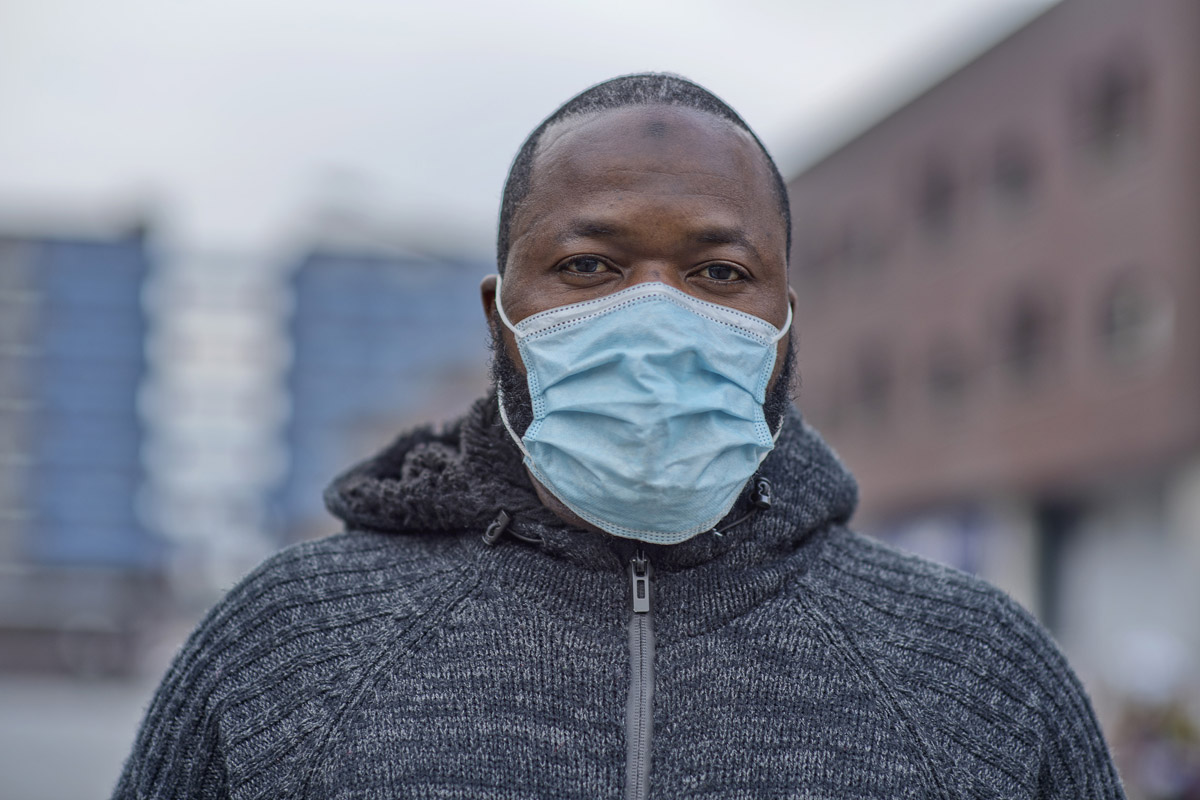
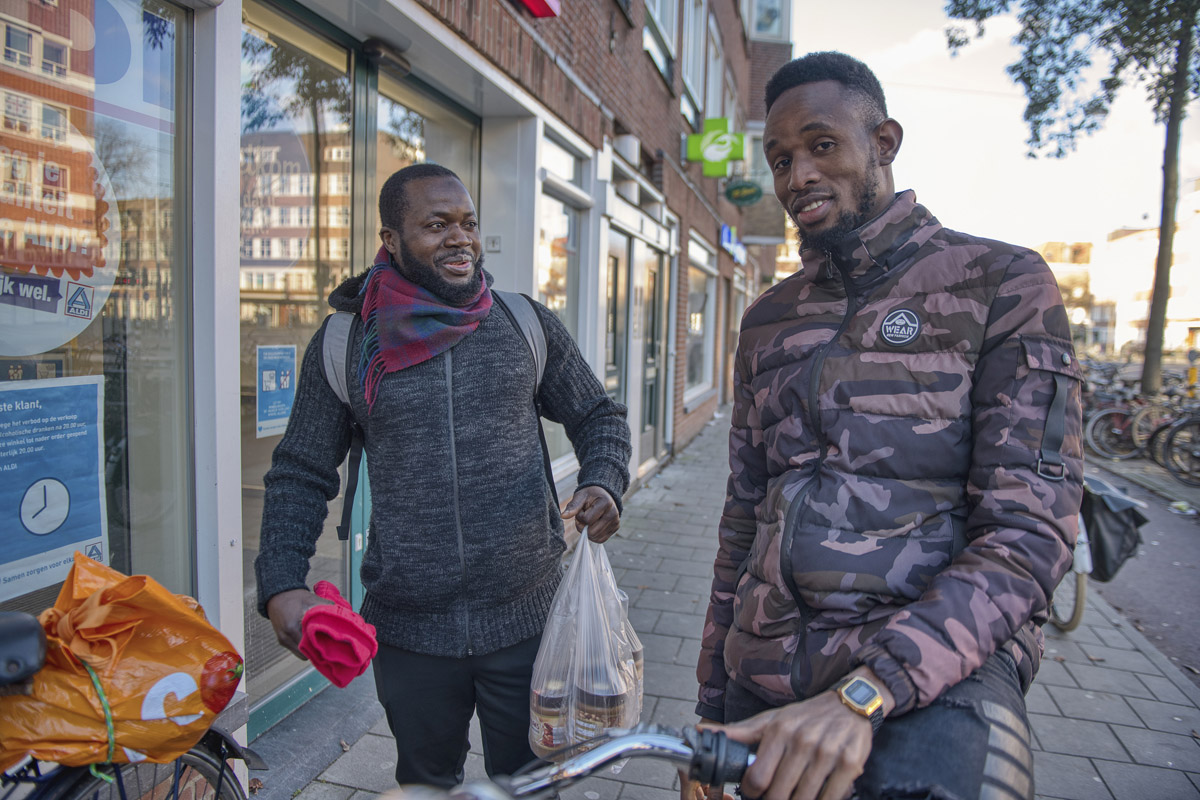
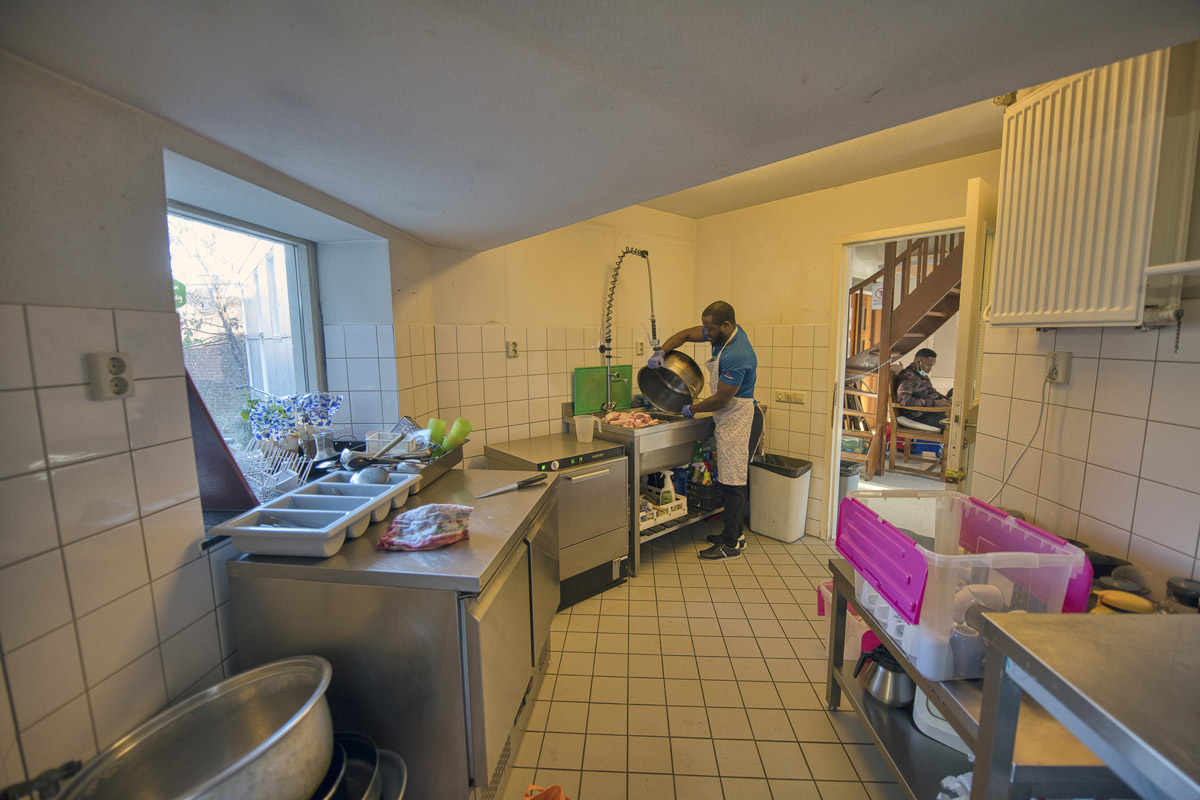







 Tech & Innovation
Tech & Innovation Climate Change
Climate Change Volunteers
Volunteers Health
Health